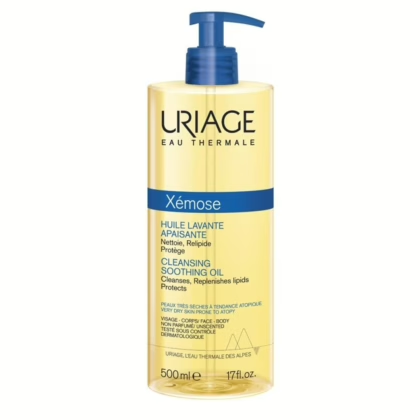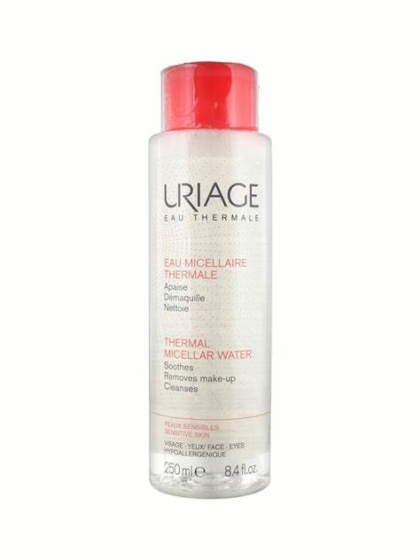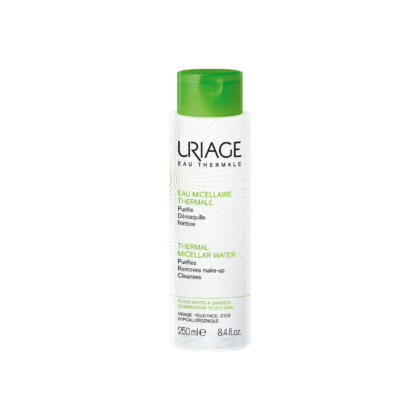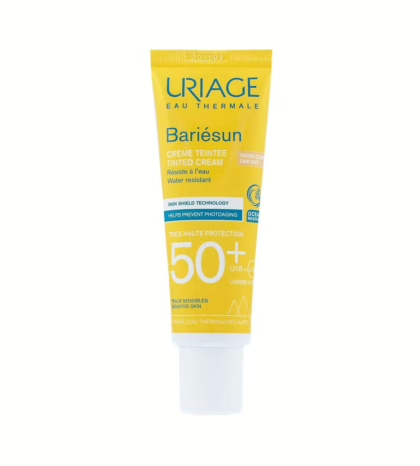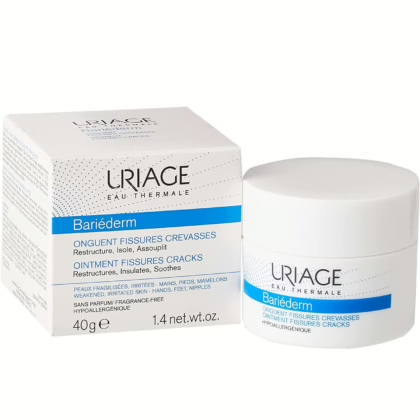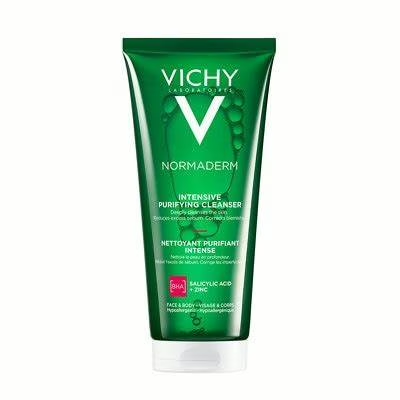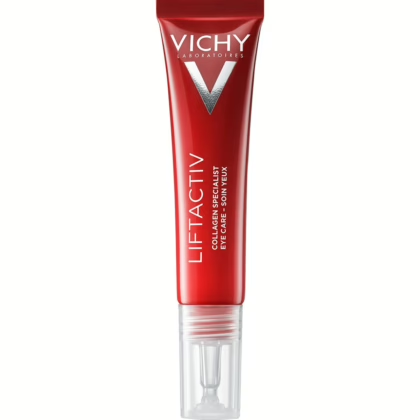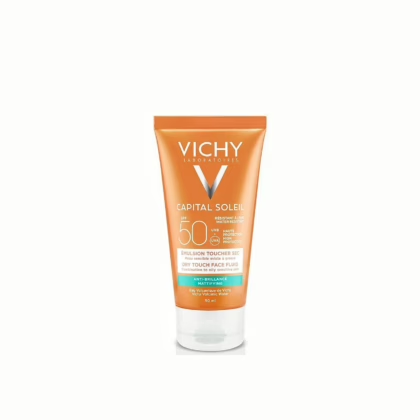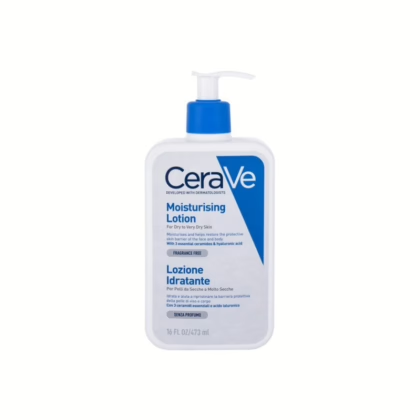
Bacteria are known to cause disease; it may come as a surprise that studies and research reveal that specific strains of live bacteria may help in the treatment or prevention of certain diseases. But the good news is that you may get these advantages by eating particular foods or taking probiotics.
Naturally, there are colonies of good bacteria in the human body, and eating more of them makes you feel better because they help maintain a healthy balance in the body and keep your body in a neutral state to confront harmful bacteria.
Good bacteria also keep your immunity and inflammation under control. While certain types of good bacteria can also:
There are different strains and types of good bacteria, and their effect varies from one strain to another. The benefits of probiotics include assisting in treating:
The good bacteria used in probiotics are already found in the human body and some foods and supplements are widely regarded as safe. However, it may induce allergic responses or moderate stomach distress such as diarrhea or bloating in the first few days of usage.
But you must consult your doctor if you have/suffer from
Also, it is generally best to talk to your doctor before starting a probiotic supplement.
Probiotics can be beneficial for kids and adults, and help kids relieve constipation, reflux, diarrhea, gas, and eczema. You can introduce them into your kid’s diet through foods that contain probiotics such as yogurt and cheese. However, it is best to consult your doctor before giving your kid a nutritional supplement that contains probiotics.


